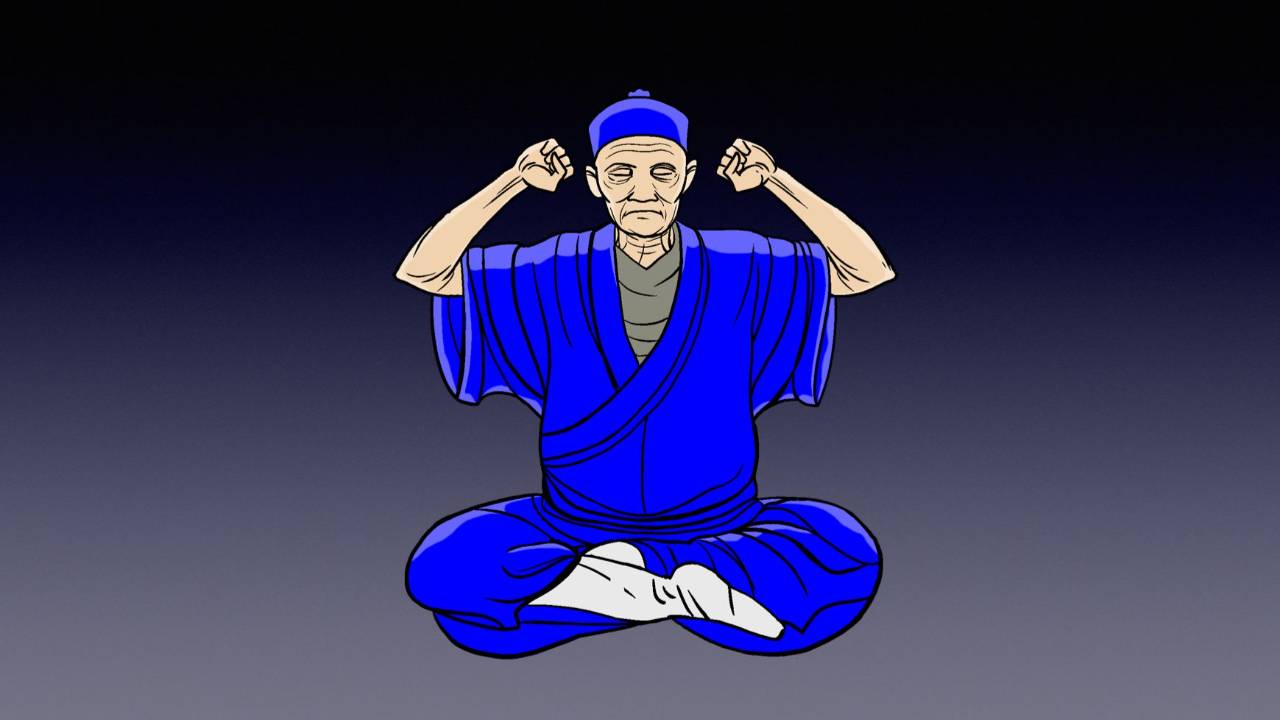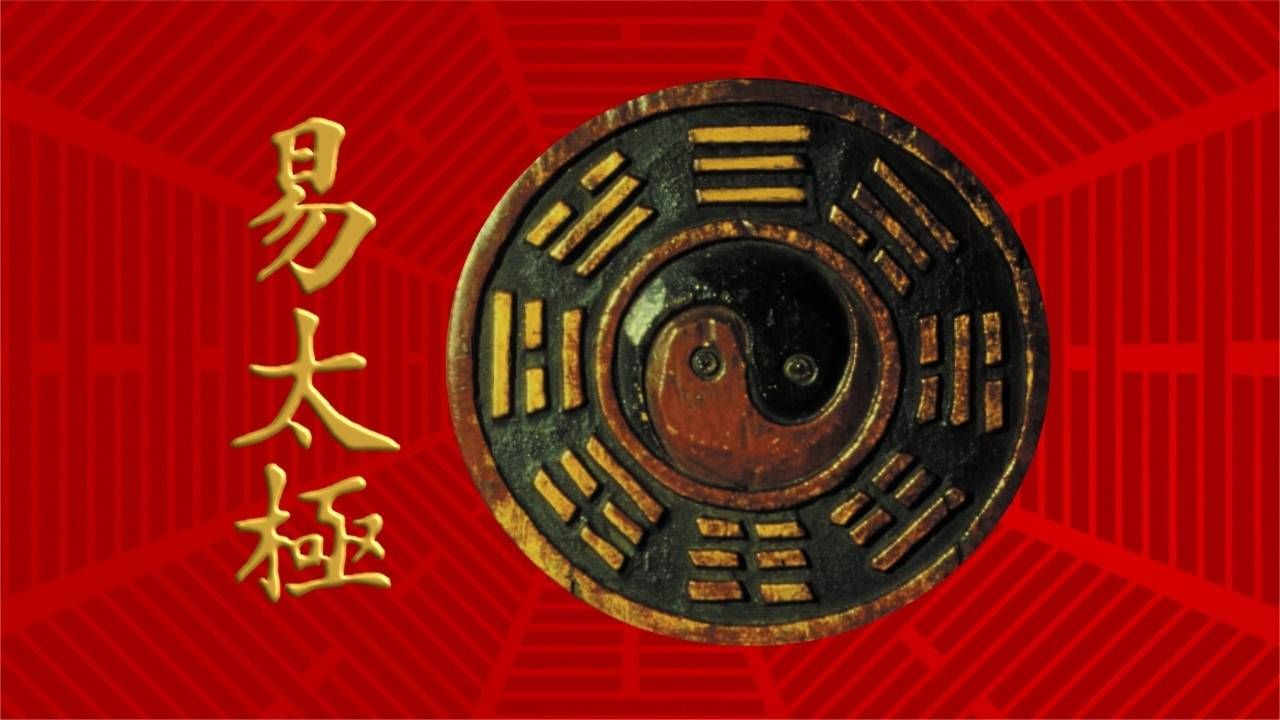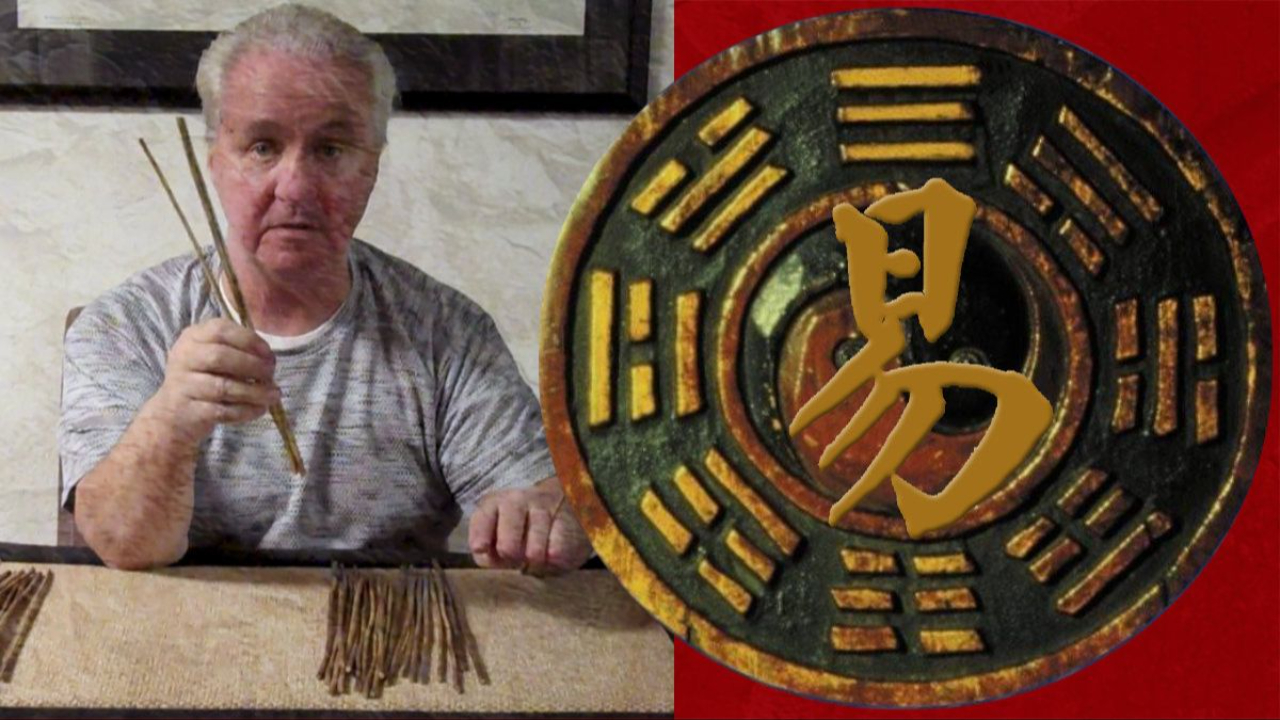Announcements and Updates
Schedule of Events

Eight Brocades and the Longevity Teachings of Li Qingyun
Eight Brocades Seated Qigong is a central, powerful set of Taoist exercises that brings clarity to the mind and tranquility to the body. It’s used both for health rejuvenation and spiritual transformation (Internal Alchemy).
At the Sanctuary of Tao, we practice the version of Eight Brocades that a famous Taoist by the name of Li Qingyun practiced. Government records show that Li Qingyun lived to be 250 years old (1677–1833), spending the majority of his life collecting herbs in the mountains of China.
We’re excited to announce we’ve updated the Eight Brocades and Longevity Methods of Li Qingyun course.
The five-week pre-recorded lessons and practices in this course provide the full instructions for Eight Brocades, as well as a comprehensive overview of Li Qingyun’s guidance for health and longevity.
Learn more about the course and sign up here!

64-POSTURE AFTER HEAVEN TAIJIQUAN (TAI CHI) COURSE
We’ve been really enjoying diving into the Taiji 64-posture program this summer!
If you’re interested in learning Taijiquan from Stuart, this is the best time to join because all of the classes are being taught and recorded live now and then will be available as recordings for future rounds of the course.
So you’ll be able to ask questions in the two Wednesday evening classes each month and once-a-month lectures. And you’ll have the momentum of the group to help you stay focused.
We received great feedback from the students the course so far that they've been able to learn really well from the recordings and live online classes. Join to learn and practice Taiji with us over the next year!
Taijiquan is one of the best things you can do for your health. Doing Taiji daily helps you prevent illnesses and injuries, and it helps you heal and recover from health issues that you may currently have. It builds and mobilizes the Qi, our life force energy. Having a good amount of Qi that is free-flowing and not blocked is the foundations of health.
If you’re interested in finding out more about the 16 Posture Course, you can learn more here.
We hope you will join us for this year-long journey of learning Taiji that we’ve just begun diving into!

NEW TO THE MEMBERSHIP: THE I CHING STUDY GROUP
Starting on July 23rd Stuart will be teaching an ongoing I Ching (Book of Changes) Study Group. These classes will be an hour long and take place after the second member talk of the month, at 2:30 pm Central Time. Replays will be available in the Membership portal.
The I Ching is an ancient Chinese system of divination and calculation for gaining wisdom and developing intuition.
Working with the I Ching helps you develop your intuition and wisdom to live in harmony with the Tao.
The I Ching is one of the oldest books in the world and is central to the formation of Taoism. It is a book of wisdom, divination, cosmology, calculation, philosophy, internal alchemy, science, and a means for mapping out all phenomena.
All Taoist practices such as Taijiquan (Tai Chi), Chinese medicine, Feng Shui, astronomy/astrology, to name a few, are foundationally structured on the I Ching.
So studying the I Ching is another way of studying the Tao. All Taoist practices such as Taijiquan (Tai Chi), Chinese medicine, Feng Shui, and astronomy/astrology, to name a few, are fundamentally structured on the I Ching.
So working with the I Ching will help you gain greater insight and mastery in any aspect of Taoism you are interested in.
Many of the brightest minds of our world’s history have held a deep fascination with the I Ching. Interestingly, Gottfried Leibniz, the inventor of the binary code system we currently use for our modern-day computers and devices, published a paper crediting the Chinese for creating the first binary code system after his study of the I Ching. He also noted that every binary number from 000000 to 111111 corresponded exactly with the I Ching.
Intrinsically mathematical, the I Ching is an incredible tool for divination and calculation. Because of its depth and complexity, it’s important to understand the I Ching before attempting to use it in any meaningful way, much less applying its insights into your life. Consequently, you need a knowledgeable teacher to guide you.
Although many teachers have an academic understanding of the I Ching, few of them can teach its true Taoist fundamentals and principles. Stuart Alve Olson is uniquely qualified to clarify the inner workings of the I Ching. He has been studying and teaching I Ching and Taoist philosophy for nearly 40 years and is an award-winning author of over 35 books on Taijiquan, meditation, Taoism, and I Ching.
In this monthly I Ching Study Group, Stuart will give a short talk on an important aspect of the I Ching, and then have a group participation on examining a casting or calculation of a question posed to the I Ching. The most difficult aspect of the I Ching is learning how to interpret the answer to a question. This is what the I Ching Study Group will largely focus on and it will be a very interactive portion each monthly session.
If you’re a member, you’ll get the Zoom link sent to your email the day before and the day of the retreat, and you’ll also be able to find it on the Welcome Page of the Membership as we get closer to the day.
If you’re not a member and would like to become one to access the retreats and their replays, you can learn about the membership and sign up here.
Membership is a suggested donation of $18 dollars a month, and you can cancel at any time.
If you are new to the I Ching, we suggest that you purchase and go through the four sessions of the I Ching Beginners Course prior to attending.
In that course you will:
- Learn the basic components and structure of the I Ching.
- Understand the correlations of the images that make up the I Ching.
- Study basic Taoist philosophy and how its concepts are integrated into the flow or movement of the I Ching.
- Determine whether a question should be answered through calculation (using correlations of images) or divination (using the oracle).
- Receive instructions for how to calculate the answer to a given question by properly casting the stalks.
- Develop your understanding of the I Ching for interpreting answers to questions from the I Ching.
Also, for both the beginner's course and the monthly study group you'll want to have Stuart’s works, The Book of Sun and Moon, Volumes One and Two on hand, as he will be referring to them frequently.
We hope to see you in the I Ching Study Group!

New Member Content
Zhuang Zi Commentaries
We are excited to announce that Stuart has just begun to give a new series of commentaries in the Membership on the Zhuang Zi. Last year Stuart gave his commentary and answered questions on each chapter of the Tao Te Ching. Then he did a series on five key Taoist scriptures, referred to as the “Weft Texts” (sub-texts). And now he’s beginning to offer his commentaries on Zhuang Zi.
Zhuang Zi was one of the three main Taoist Philosophers, along with Lao Zi (who created the Tao Te Jing) and Lei Zi (who may have actually been Zhuang Zi, writing under another name). Stuart’s first talk last weekend gave an overview and introduction to Zhuang Zi
Jade Pivot Scripture
We’ve just added two talks to the Membership portal on the Jade Pivot Treasury Scripture that Stuart gave during last year’s Spring retreat. There are also notes included for those of you who prefer to read.
One of the main themes of this scripture and Stuart’s talks are the qualities of Sincerity, Gentleness, and Silence which are needed to cultivate the Tao. We hope you’ll enjoy them!
How to Access These Talks
If you’re already a member, you can join us for these talks every other Sunday on Zoom at 1pm Central Time. If you can’t make it live, the replays will be available in video format in the Philosophy area of the Membership, or in audio form in the Member Podcast portal.
If you are not a member and would like to become one to participate in this series, you can check out our Membership and sign up here. If you’re not ready to sign up yet, you can study our free resources through our blog here, where we’ll be sharing clips from these and other talks Stuart gives in the membership.

